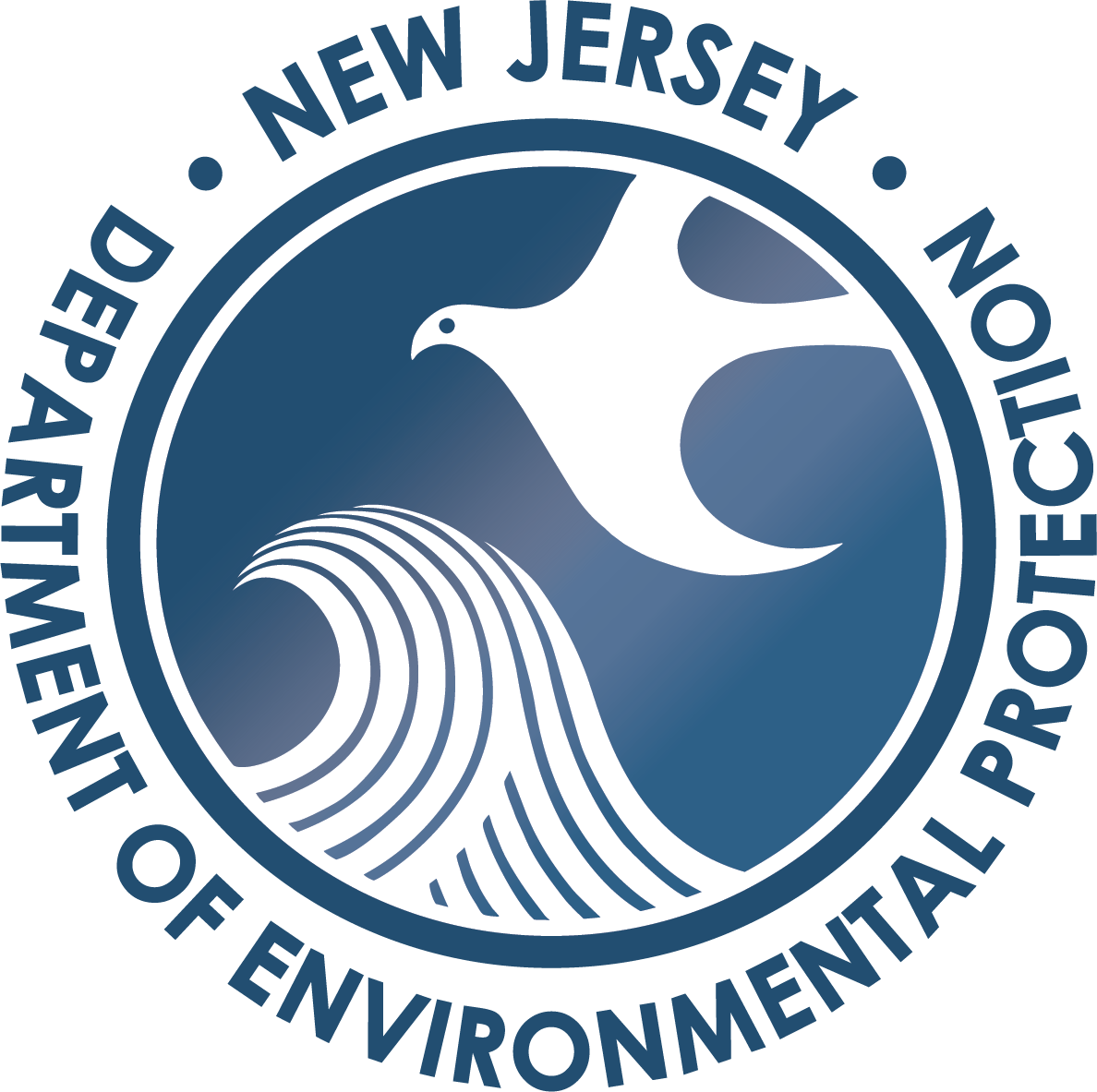TRENTON – Acting Attorney General Matthew J. Platkin and Commissioner of Environmental Protection (DEP) Shawn M. LaTourette announced today that DEP has filed a lawsuit against Monsanto Co. and two other corporate defendants over extensive damage to New Jersey’s natural resources caused by contamination from toxic chemical compounds known as PCBs (polychlorinated biphenyls).
In addition to St. Louis-based Monsanto Co., the lawsuit filed today names as defendants Solutia, Inc. and Pharmacia LLC. Through a series of corporate reorganization transactions beginning in the late 1990s, each of the three defendant companies took on a component of an overall business once operated under the Monsanto name – referred to in today’s State complaint as “Old Monsanto.”
Filed today in New Jersey Superior Court, the lawsuit seeks compensation from the defendants for Natural Resource Damages (NRD) caused by their corporate predecessor’s longtime manufacturing, distribution, and sale of toxic PCBs, as well as the company’s reckless long-term discharge of PCBs from its facility along the Delaware River in Bridgeport, Gloucester County.
PCBs are synthetic organic chemical compounds. Prior to being banned in the 1970s, they were used for decades in the manufacture of many products including paints, caulks, inks, dyes, paper products, lubricants, coolants, fireproofing, and such industrial equipment as capacitors and transformers.
Among other threats to human health, the complaint notes, studies have shown a correlation between PCBs and liver damage, thyroid problems, skin irritation, susceptibility to respiratory infection and other immune system issues, memory and learning deficits – particularly in infants and children – reproductive problems, and certain cancers. PCBs have similar effects on all kinds of wildlife, and in particular are associated with eggshell thinning and lower reproductive success rates in birds and turtles.
The State’s complaint notes that Old Monsanto manufactured, marketed, and sold PCBs from approximately 1929 to 1977 – often under the trade name Aroclor – and that the company was responsible for “99 percent or more” of all PCBs used or sold within the U.S.
The complaint lists more than 40 industrial and other companies throughout the State known to have purchased and utilized PCBs from Old Monsanto. The complaint also alleges that Old Monsanto knew decades ago that exposure to PCBs was potentially harmful to human and animal health.
“Our continuing commitment is to hold polluters and their corporate successors accountable for the kind of reckless, unconscionable conduct we allege in today’s complaint,” said Acting Attorney General Platkin. “PCBs contamination has harmed natural resources and threatened the health of humans and wildlife in every corner of New Jersey, from remote rural areas to suburban neighborhoods, to our cities. That includes many environmental justice communities – communities throughout our State that for too long have borne a disproportionate exposure to environmental damages and dangers.”
In the 1950s, the complaint filed today alleges, Old Monsanto’s medical office specifically advised workers not to eat lunch in the PCB department, and the company medical director “openly declared that ‘we know Aroclors are toxic.’”
Internal company communications from the late 1960s, the complaint notes, also show Old Monsanto officials acknowledging the potential for “massive contamination” of natural resources with PCBs in New Jersey and beyond.
The complaint points to an internal Old Monsanto document that references the potential for “nearly global” contamination and environmental harms, but that “there is too much customer/market need and selfishly too much Monsanto profit” to warrant discontinuing PCB production.
The complaint further alleges that, statewide, PCBs manufactured by Old Monsanto have caused significant, long-term damage to New Jersey’s surface waters, groundwater, soil and air, as well as fish, birds, and other wildlife.
The complaint asserts that hundreds of bodies of water in New Jersey spanning more than 6,000 river miles and more than 14,000 lake acres – as well as 400 square miles of bays and estuaries – are known to have been damaged by PCB contamination.
For many years, the lawsuit notes, Old Monsanto added to the harm caused by its own operations and disposal practices by recommending that its customers dispose of liquid PCB waste directly into sewers. Old Monsanto also urged its customers to vent PCB vapors into the atmosphere, despite its awareness that such action would introduce dangerous toxins into the air.
“The Department of Environmental Protection supports the businesses that fuel our economy and expects they will all leave our communities and environment better than they were found,” Commissioner LaTourette said. “Yet some businesses that created harmful chemicals that now litter our environment have never been held fully accountable for the damage they left behind. Due to Monsanto’s manufacturing of persistent PCB chemicals decades ago, natural resources throughout New Jersey—our soil, groundwater, wetlands, waterways, fish, and wildlife—are still recovering from extensive harm. Today, on behalf of every New Jerseyan and their environment, we are calling on Monsanto to finally repair this damage and leave our natural resources better than when Monsanto PCBs found them.”
According to the complaint, Old Monsanto’s operations and disposal practices in Bridgeport resulted not only in contamination of the neighboring Delaware River and nearby Birch Creek with PCBs, but with other toxic chemicals known to impact human health, including benzene, chlorobenzene, toluene, trichloroethylene, and vinyl chloride. Today’s lawsuit alleges violations of New Jersey’s Spill Compensation and Control Act, Water Pollution Control Act, and Solid Waste Management Act. It also includes common law claims alleging negligence, trespass, creating a public nuisance, and multiple counts of strict products liability.
The Monsanto matter is being handled by Deputy Attorney General Matthew Orsini under the supervision of Assistant Attorney General Aaron Kleinbaum, Section Chief Gary W. Wolf, and Assistant Section Chief Jessica Palmer, all of the Environmental Enforcement and Environmental Justice (EEEJ) Section within the Division of Law’s Affirmative Civil Enforcement Practice Group.
###
 Official Site of The State of New Jersey
Official Site of The State of New Jersey

